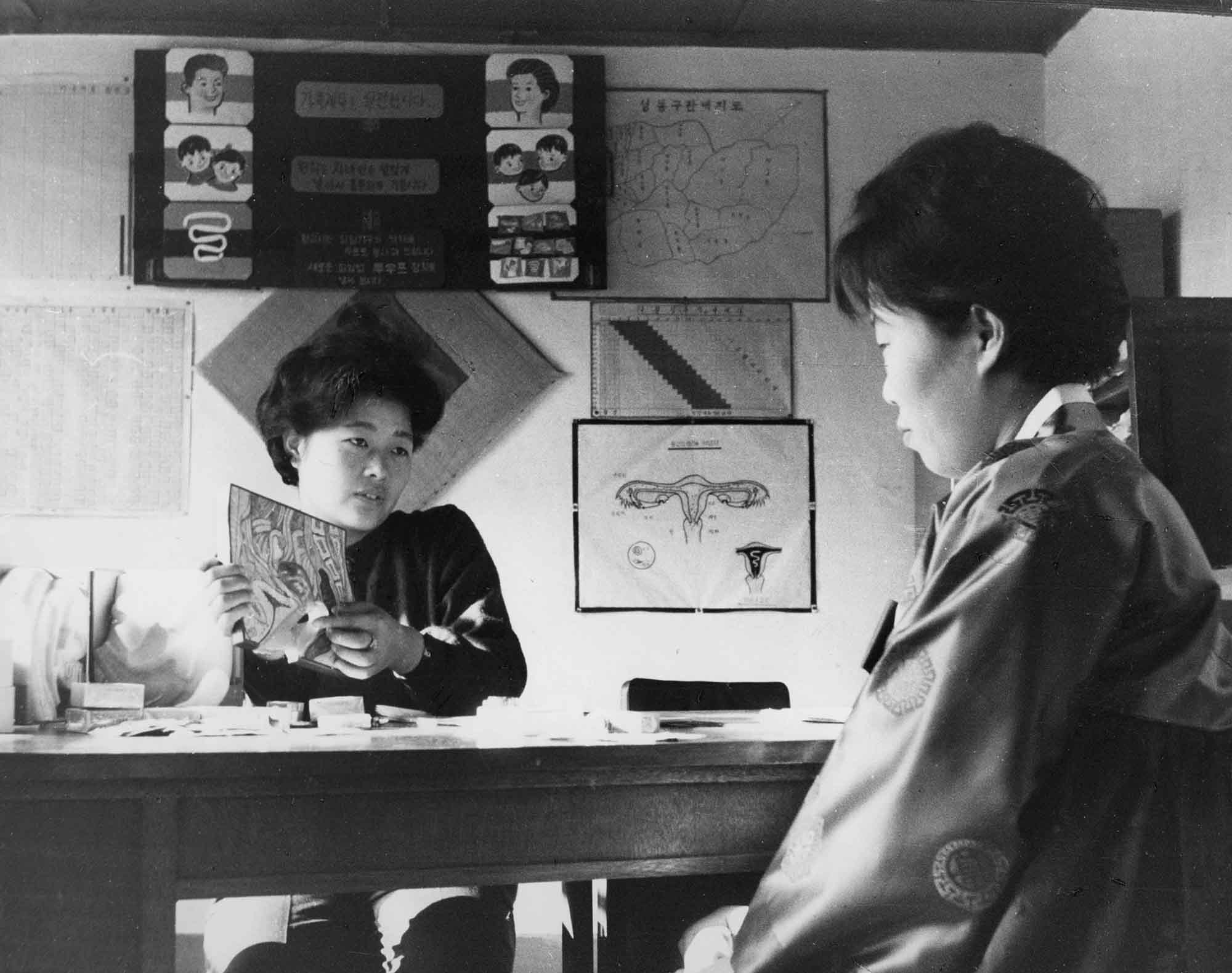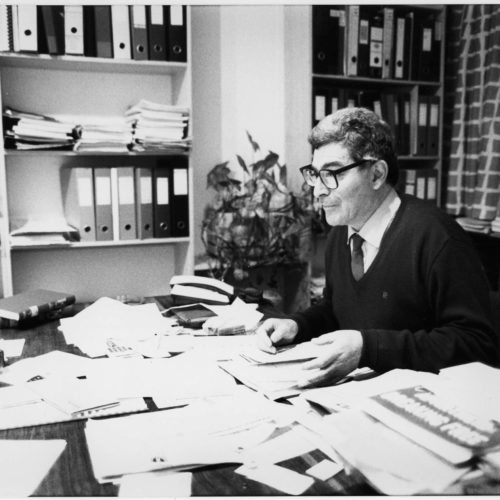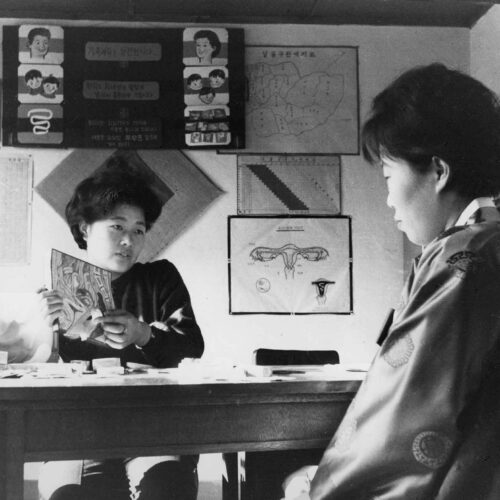Our New Research series presents recently published reports written by researchers who have received RAC travel stipends to pursue their studies in our archival collections. In this edition of the series, the authors have used multiple collections. They include the personal papers of John D. Rockefeller, Sr., John D. Rockefeller, Jr., John D. Rockefeller 3rd, Alfred E. Cohn, and Joan Dunlop. Also cited are records of the Rockefeller Foundation, the Commonwealth Fund, Rockefeller University, Laura Spelman Rockefeller Memorial, the Population Council, and Nelson A. Rockefeller’s governorship, as well as archival materials from the Office of the Messrs. Rockefeller.
“Research Ethics and Professionalism on the Line: A Critical Analysis of Rockefeller Foundation Support of Neurosciences in Nazi Europe, 1933-1945” by Lawrence A. Zeidman
“Research Ethics and Professionalism on the Line: A Critical Analysis of Rockefeller Foundation Support of Neurosciences in Nazi Europe, 1933-1945” looks at the impact (and implications) of the RF’s funding of that discipline after the Nazis gained power. Lawrence A. Zeidman’s research at RAC revealed a very checkered story of foundation engagement. At the same time that the Rockefeller Foundation ramped up efforts to rescue key neuroscientists from persecution, it also continued funding for a variety of neurology projects that potentially could have aided the Nazi regime’s agenda for racial purity. As the author notes, supporting “best science” did not have a clear ethical component and this chapter in history serves as a reminder of the dangers involved when that link is missing. Dr. Zeidman’s time spent at RAC was an important source for his book on the topic, Brain Science under the Swastika.
Lawrence A. Zeidman is a clinical neurologist with a joint appointment at the Neiswanger Institute for Bioethics at Loyola University. In addition to his medical practice, he has lectured extensively on history of the neurosciences and the Holocaust.
“Six Roles of Philanthropy in John D. Rockefeller, Jr.’s Response to the 1913-14 Colorado Coal Strike” by Kirk Hallahan
Kirk Hallahan has periodically conducted research at the Rockefeller Archive Center for over two decades. During his most recent visit, he focused his research on the impact of the Colorado Fuel & Iron strike on John D. Rockefeller, Jr.’s philanthropic thinking. In “Six Roles of Philanthropy in John D. Rockefeller, Jr.’s Response to the 1913-14 Colorado Coal Strike,” he details JDR Jr.’s immediate response to Ludlow but also takes a broader look at how the events shaped his philanthropy in the following decades. For example, through the industrial department of the YMCA, he financed a number of employee welfare initiatives and looked for ways to ameliorate difficult economic and social conditions for workers. JDR Jr. also fostered the emerging discipline of industrial relations and organizational behavior. His efforts reflected his sincerity in improving labor relations. At the same time, they also pointed to an emphasis by JDR Jr.’s advisors on shaping the new field of public relations, which was a way of messaging about the intent and goals of modern business activities and philanthropy.
Kirk Hallahan is a professor emeritus of journalism and media communication at Colorado State University. He has researched and written extensively on the development of public relations, strategic communications, and crisis management.
“Debating the Ethics of Population Control during the Cold War” by Eve Buckley
In her research report, “Debating the Ethics of Population Control during the Cold War,” Eve Buckley presents the internal debates held among the staff of the Rockefeller Foundation and the Population Council, as well as John D. Rockefeller, 3rd and his advisors, on how to address global population growth. Dr. Buckley notes that these discussions about the nature and direction of how to approach population-related issues continued for decades. A number of factors reset these discussions. They included a growing critique from the Global South that population control solutions ignored global inequalities, vocal opposition from the Catholic Church, and the exclusion of women’s voices from policy formulations. The “simple” postwar concept of reducing population growth as a Malthusian solution to the world’s ills was no longer acceptable.
Eve Buckley is an associate professor of history at the University of Delaware, a member of its Center for Global and Area Studies with a strong interest in Latin American and Iberian Studies. In addition to being awarded a research stipend from RAC, her research visit to our archives was funded with a fellowship from the Consortium for History of Science, Technology, and Medicine.
“From Nelson Rockefeller to Eric Adams: The Evolving Politics of Crime and Punishment in New York” by Michael Javen Fortner
Michael Javen Fortner’s research report, “From Nelson Rockefeller to Eric Adams: The Evolving Politics of Crime and Punishment in New York,” seeks to place recent calls for “defunding the police” and reimagining police powers in historical context. He looks at current conversations about the impact and reaction to crime in minority communities and compares them to those of the 1960s and early 1970s. Prof. Fortner observes that the response to rising crime rates created a series of different political stances. Republicans, on the right, embraced overall the theme of “law and order” while the center-left of the Democratic party experienced a rift. White progressives looked to address “root causes” of embedded racism and their related social and economic inequities, while Black and Latino community leaders focused elsewhere. Using racial and class rhetoric, working- and middle-class minority communities criticized that perspective and, instead, called for solutions that provided immediate safety and security in their neighborhoods. In studying this history, Fortner observes that the strains within center-left politics in the past led to haphazard policymaking, such as the Rockefeller drug laws, and cautions about parallel dynamics in forming policies to address crime today.
Michael Javen Fortner is an associate professor of government at Claremont McKenna College. His areas of interest include American culture and politics, crime and criminal justice, inequality and public policy, and race and social problems.
About the RAC Research Stipend Program
The Rockefeller Archive Center offers a competitive research stipend program that provides individuals up to $5,000 for reimbursement of travel and accommodation expenses. Learn more on our Research Stipend page



